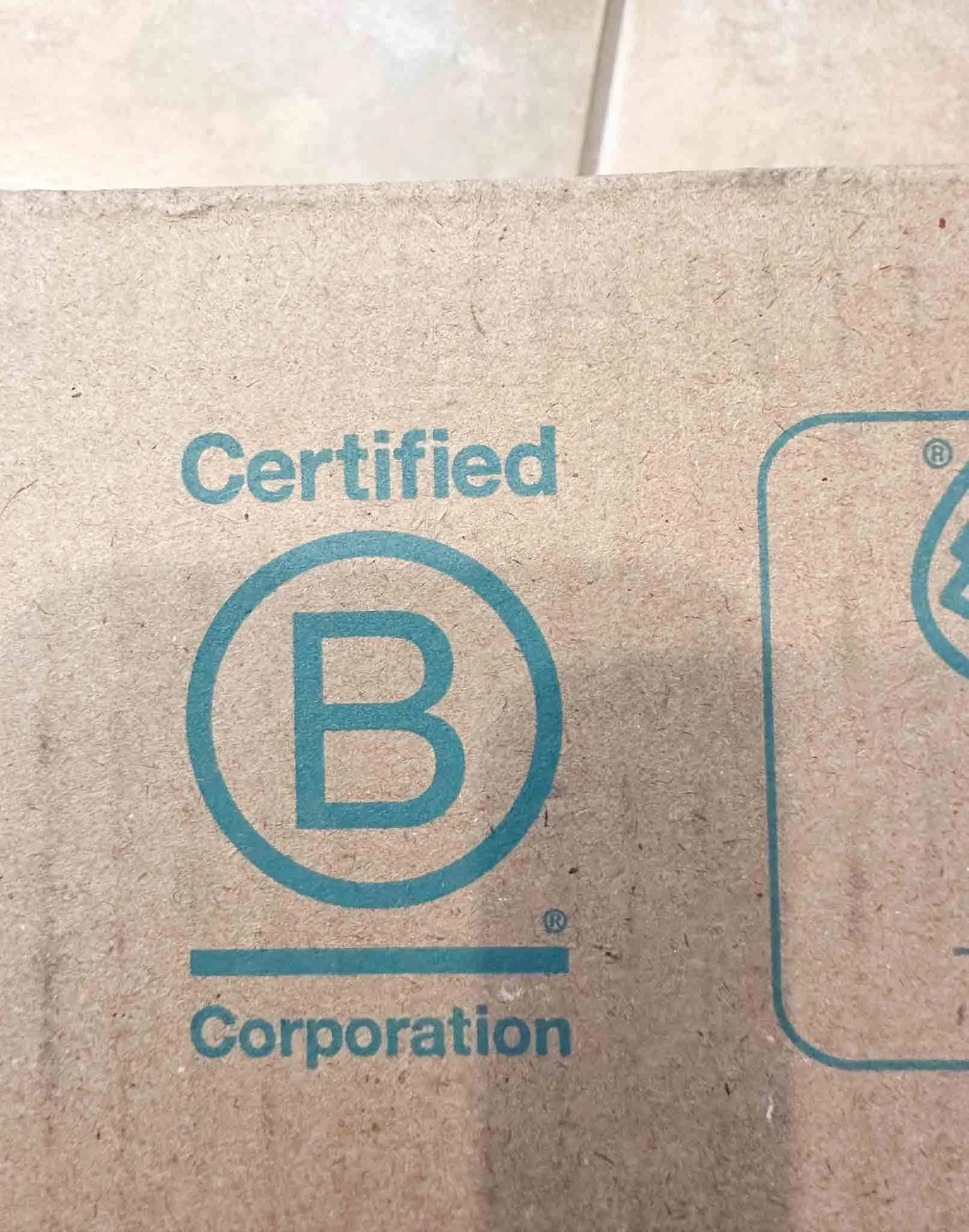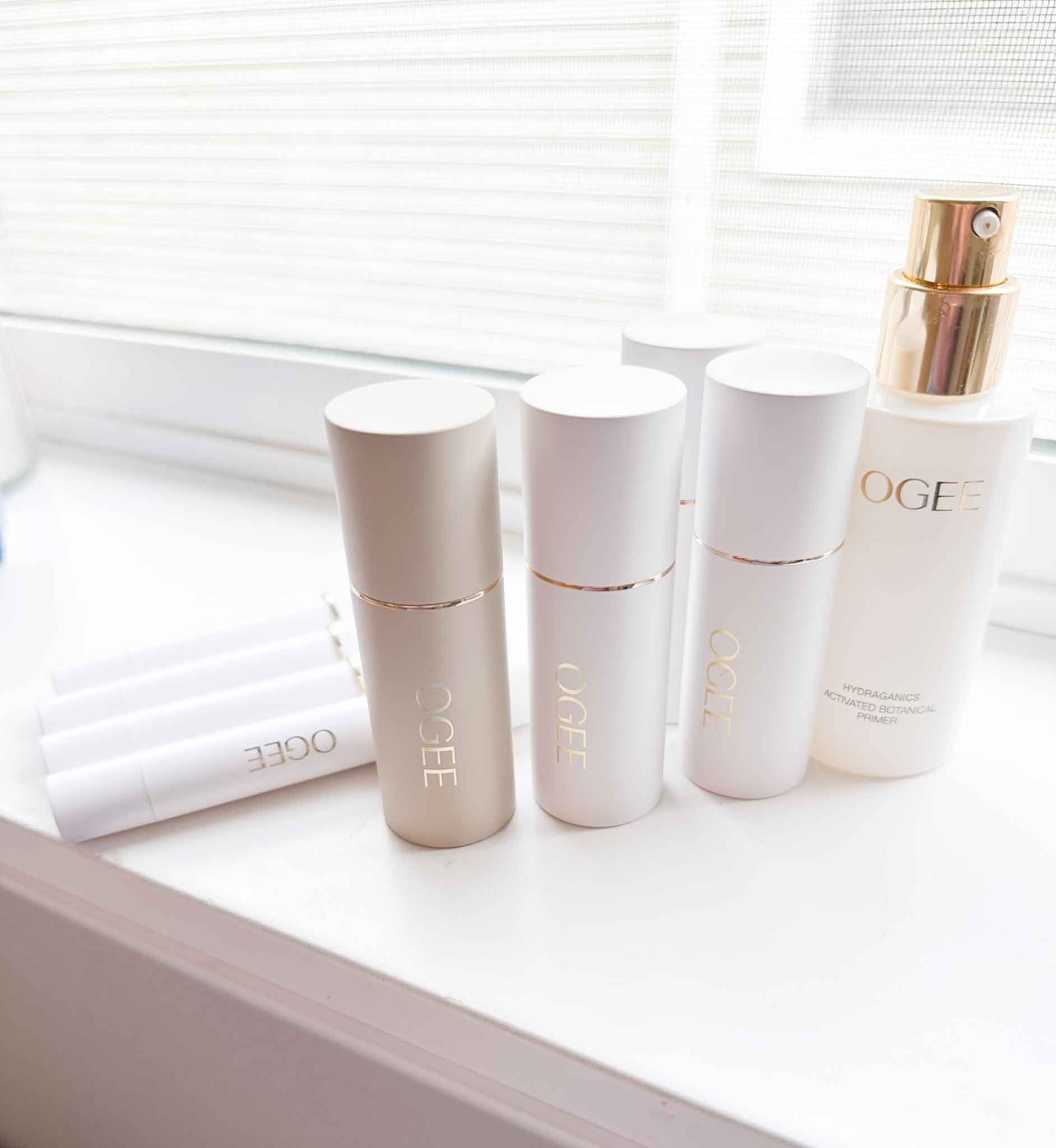The Ultimate List of Organic Wine Brands Worth Trying
With the rise of the natural food movement many people have moved to select organic wines made from fresh grapes that don’t have chemicals, synthetic fertilizers, pesticides, herbicides, or fungicides.
Let's explore delicious organic wine brands, organic labels, and sustainable farming practices.
Pin this wine list for later!
This guide is perfect for wine lovers who are passionate about choosing the best natural wines. This blog post has a brief overview explaining what organic wine is and then dives into the best organic wine brand list!
This post does contain some affiliate links which means if you choose to make a purchase we may receive a percentage, but at no additional cost to you!
What is Organic Wine?
Organic wine is made with organic farming practices in mind. There is a difference between a USDA-certified organic wine and those that are “made with organic grapes.”
Any wine brand can claim they are organic if their grapes are grown organically.
The problem is that when they go into the winemaking process, additives or other non-organic materials are suddenly added.
So even though the grapes were organic, the rest of the wine isn’t.
Everything inside that wine bottle needs to be organically sourced to be truly USDA-certified organic.
USDA-certified wines are made with grapes that follow stringent growing standards.
The USDA ensures these certified wines are grown without any synthetic fertilizers, sulfites (unless part of the natural process), and any other ingredients that are not, in themselves, organic.
It is important to note that there are a lot of small producers that use organic growing practices, but might not have the time or resources to get an official organic seal as this process costs the winery time and money.
Just be sure that there aren't any other harsh ingredients in the rest of the bottle. USDA certified and "made with organic grapes" are both a better choice!
Does organic wine contain sulfites?
In the wine industry sulfites are commonly added to the wine making process to stop the fermentation process or preserve flavor, they’re also known for headaches! USDA certified wines do not contain sulfites as this is considered an additive.
However, wines that do not have the official certification may contain added sulfites.
The Organic Wine Exchange reports that for wines made with organic grapes, a certifier/ACA verified that the finished product contains less than 100 ppm of sulfur dioxide.
What is Biodynamic Wine?
Biodynamic wine is a term and certification from the Demeter Association, Inc. Biodynamic practices consider the entire ecosystem.
To be considered biodynamic, associations standards must be practiced, such as regenerative farming, the use of natural pest control, soil quality, and much more.
While a biodynamic vineyard may use organic practices this certification looks at the larger picture of the long term impact on the local ecostystem and Earth. Biodynamic wine may be made with organic grapes, but sometimes still contains sulfites.
A List of The Best Organic Wine Brands to Try
If you're looking to shop sustainable wines in stores one of the best options is to head to health food stores that sell organic products or organic food such as Whole Foods, Trader Joes, or Sprouts.
You can also join a wine subscription for organic wines such as Winc and Organic Wine Exchange.
This list of the best organic wines features both USDA certified organic wines and wines made with organically grown grapes along with some biodynamic wines. These brands feature affordable options ranging $9-$50.
Frey Vineyards USDA Certified Organic Wine
Frey goes above and beyond when it comes to valuing the environment. This brand is USDA Certified Organic in the vineyard and winery, biodynamic certified, practices holistic organic beekeeping, and more. 90% of their land is held as unspoiled natural habitat with a diverse mix of native plants and animals.
As stewards of the land, this brand believes in producing organic and Biodynamic wine of the highest quality while caring for planet and palate alike. Discover merlot, pinot grigio, and more made with a holistic approach. Frey's bottles of wine can be purchased at an affordable price point ranging $12-$19.
The Wonderful Wine Co. Vegan Wines Made with Organic Grapes
This fantastic line of delicious beverages made my organic wine list because The Wonderful Wine Co. leans hard into the lower sugar side of production.
This means you get a delicious, purer wine without the horrible morning effects from enjoying that extra glass.
The wines are made with organically grown grapes, whoever possible their wines are certified by a accredited third party like California Certified Organic Farmers. The Wonderful Wine Co.'s wines are naturally low sugar, low carb, keto-friendly, paleo-friendly, and vegan.
The Wonderful Wine Co. features a chardonnay, Malvasia (Orange), Tempranillo, Syrah and more. On their website this great wine is only sold in packs.
Bonterra's Biodynamic Wine Made with Organic Grapes
Bonterra Organic Vineyards is well known in the industry for excellence. They were voted the 2016 American Winery of the Year and have received accolades from Wine Enthusiast Wine Star Awards.
This is a brand focused on climate-neutral wine that lowers the footprint of every glass of wine by offsetting all carbon created through investments that regenerate the world's natural resources.
Their winery is actually the first certified Zero Waste & Carbon Neutral with 100% green energy and using recycled materials for packaging.
This brand uses organic grapes and has is dual-certified organic and sustainable, with certifications coming from CCOF and California Certified Sustainable Winegrowers.
Bonterra offers a line of organically farmed and biodynamically farmed wines, from a delightful rose to a popular cabernet sauvignon.
All of the white wines are vegan friendly and some of their red wines are fined with organic egg whites.
While this brand does use small amounts of sulphur to keep their wine fresh, in order to meet the requirements for the CCOF and California Certified Sustainable Winegrowers are limited to a maximum of 1/3 of the amount conventional wines are allowed.
Their wines feature an affordable price point ranging from $14-$50. Consumers can purchase wine in traditional glass bottles or in cans.
You can drink Bonterra wine knowing you'll have a lower environmental footprint and less sulfites.
I particularly love their sauvignon blanc and am able to purchase this at my local grocery store in Seattle.
DRY FARM WINES NATURAL WINE SUBSCRIPTION
Dry Farm Wines is a natural wine subscription that sources sustainable wines made with the planet in mind.
This includes finding growers who respect Nature, encourage biodiversity, healthy soils, and land preservation.
They also try to support small organic growers by empowering them to continue regenerative farming and teach their neighbors.
Every bottle of Dry Farm Wines features less than 75ppm, is sugar free, is biodynamic/organic, vegan, and features a lower alcohol level. Use my referral link to get an extra bottle of wine for one penny on your first order!
TerrAmore Sicilian Sourced Wines
TerrAmore organic wines are a little easier to come by for wine enthusiasts because they are frequently found in wine clubs and on organic wine lists.
You can even find these at Total Wine depending on your location.
They are a less expensive Sicilian sourced winery that uses sustainable farming and produces an EU-based organic certification.
Pick up a refreshing Pinot Grigio or a dark Nero D'Avola for $12-$13.
Mother’s Choice USDA Organic Red Wines
Mother’s Choice is led by a Californian-raised biologist straight from Napa Valley. This USDA certified brand is great for any red wine enthusiast as they are known for their rich and intense reds including their organic Cabernet Sauvignon, red blend, Syrah, and more.
These wines can be purchased for around $13 a bottle.
HOM Biodynamic Wines
HOM stands for "heart of many" and represents an American company that is focused on producing the best bio-dynamic wines.
This brand goes a step further and focus on how using only the best process and farming protects not only their customers, but also their workers as well.
Made by Robert Eden, one of the world's leading organic winemakers. Robert has been crafting organically grown wine for over 20 years.
Discover their sauvignon blanc, chardonnay, merlot, and more for $13 a bottle.
L’Auratae
L’Auratae is a private winery in Italy is a little harder to get a full profile from.
They have won awards in the past for different vintages, inclsavignon Internationaler Bioweinpreis Silver award for the 2018 vintage and the 2017 vintage.
They are certified EU organic and have frequently been rated high by renowned sommeliers worldwide.
Try their rose, Vegan Nero D'Avola, or Vegan Catarratto Pinot Grigio Terre Siciliane for $9-11.
Environmental Benefits of Organic Wine Compared to Conventional Wine
While health and quality of life are certainly tent poles of the organic movement, protecting and ensuring a thriving planet in the future is also essential.
Many consumers want to use products that are safer for the environment and have less of an impact on harming the natural balance found in nature.
Organic wines do have benefits in the environmental arena. These grapevines tend to use less water because sustainable farming focuses on nutrient-rich soils free from monocropping and harmful pesticides. When grapevines are left to their own devices in good soil, they end up being more resilient against damaging temperatures and possible droughts. The less water being used to flood these vineyards, the more to go around for the rest of us. Considering how many vineyards are in warmer climates with water issues, organic wines actually provide a much better outcome because it allows a more equal distribution of natural assets.
It should be noted that organic wines are usually created and farmed by workers who are treated better. Instead of focusing on mass-produced farming, these vineyards are more concerned with quality. They have to meet the strict guidelines of being genuinely organic and are willing to pay a bit more since they value quality.
Since synthetic pesticides are not used in organic farming this helps preserve the quality of the soil.
I hope you have enjoyed this short list and guide to organic wines. There are plenty of delicious wines to enjoy that are safe to drink, feature lower sulfite levels, great for the environment, and pair well with a cheese plate.
Next time you’re shopping for a bottle at the store I encourage you to choose a clean wine that supports the environment and local communities.
For more tips & tricks on sustainable living be sure to follow The Honest Consumer on social media, subscribe to our newsletter, & check out the Ethical & Sustainable Brand Directory.




















